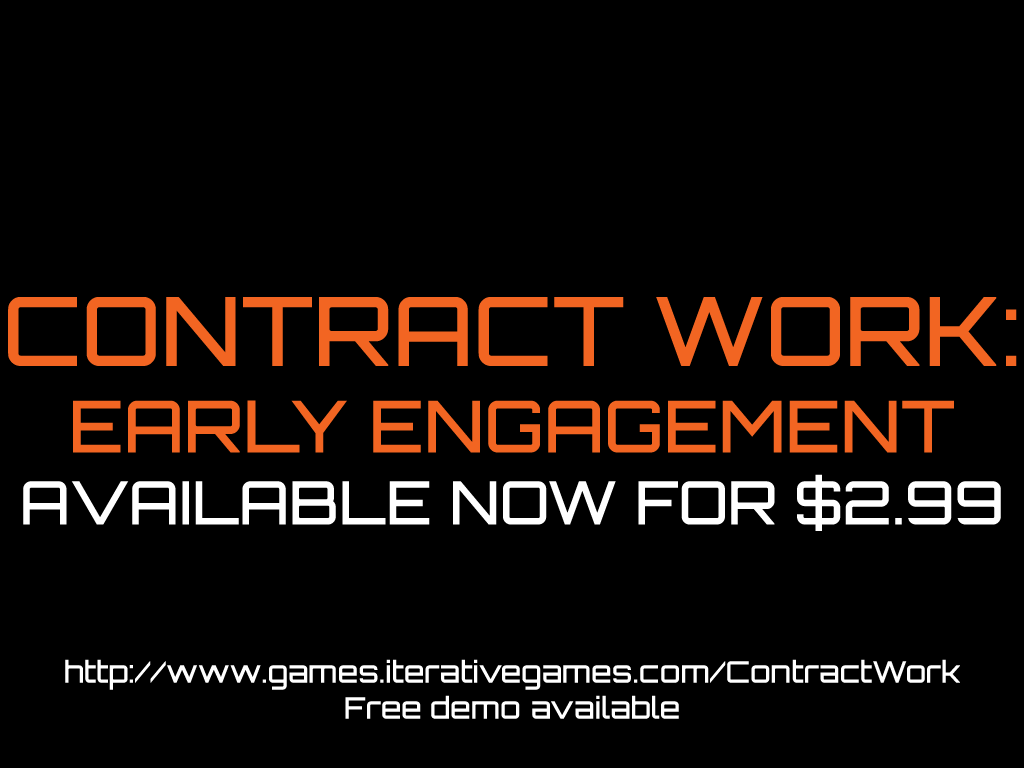“Devise plans to escape encircled ground” – Sun Tzu
“Blue ocean strategy is the simultaneous pursuit of differentiation and low cost to open up a new market space and create new demand.” – Blue Ocean Strategy (Mauborgne & Kim)
However you phrase it, success in business and battle is often found in being where your competition is not; finding the ‘Blue Oceans’ proposed by Mauborgne & Kim (opposed to ‘Red Oceans’ where companies compete for a limited market/territory). Usually I try to find Blue Oceans in wild new territory, such as game ideas for brand-new devices or technology, but for this post I’m going to suggest creating a Blue Ocean at the intersection of two well known concepts.
The new XCom board/digital game just came out, and by all accounts it seems pretty fun (http://www.rockpapershotgun.com/2015/02/03/xcom-board-game-review-1). It’s a good example of a ‘Blue Ocean’ product being created at the intersection at digital and physical. Let’s consider removing the distinction between ‘video’ and ‘tabletop’ and leverage the tools to create new & improved experiences. To get it started, I’ve thought up 10 more ‘digitop’ ideas. (FYI – I’m waiving any claim to these ideas right now; I don’t plan to build any of these in the near future, so feel free to use them as you please!)
10. Point Tracker – Lots of tabletop games require the players to keep track of points via pencil/paper or markers on a track. Make it simple with the point tracker app (could be a generic app, or branded for a specific game).
9. Virtual Shuffler – lots of tabletop games use a deck, or multiple decks of cards. They can be a pain to shuffle. Virtual Shuffler is an app that creates virtual decks for a game that can be displayed on a digital device – one deck for smaller screens, multiple decks for bigger ones – and shuffling becomes as easy as pressing a button. When a player draws a card from the virtual deck, they take the corresponding physical card.
9. Virtual Joker – Add variety to a game with a dynamic joker card. Insert a blank placeholder card or designate a specific card as the Joker. Then the app assigns a new random card to the Joker. Leave the device in the middle of the table so all players know what the card does. New cards can downloaded/purchased to add more variety.
8. House Rules – Create your own rules to fix shortcomings in games or improve them. House rules saves your new rules and allows anyone with a mobile device to review them. House rules is location specific, can remember rules for different games, and can even suggest popular rules for you.
6. Personal Leaderboard – simple app that tracks winners of games and optionally points, over time. Use it to see who is the reigning champ at any game! Could include graphs/time slices to track trends over time.
5. Handicap Randomizer – app to provide randomized handicaps for players. Great when playing with new or younger players. Handicaps level can be customized and are randomized so advanced players don’t get bored.
4. Bot-Buddy – Randomized AI buddy for games. Can be used when you’re short a player. Won’t necessarily work with every game and won’t necessarily be a great replacement for players, but can fill in for a pinch.
3. Grandmas Little Helper – a quick helper for people that seem to always be losing. Might take some inputs from the game (e.g. What character/race are you playing?) then suggest strategies (e.g. try building the longest road) with guidance on how to achieve it. Could also have a FAQ section (I’m always out of gold! How do I fix this?).
2. Blitz – an app to help speed up slow games (e.g. Risk). First, set the time you would like to play for. Based on the time, Blitz will set a turn timer to keep play moving, and also adds rules to accelerate play as time runs out (e.g. kill 2 armies per battle, everyone loses 50 armies this turn). When time runs out, Blitz provides rules to declare a winner even if the final game state has not been reached.
1. Campaign Tracker – for those who play a lot of games w/a group of friends, campaign tracker lets you run a meta-game outside the games. Lots of ways to implement this – could be configured for tournament format or seasons/playoff format. Could provide additional rulesets based on the point in the campaign (e.g. it’s now winter, you start with half food). Could even be built to support multiple games (Your money in Monopoly funds your initial armies in Risk).
Hope you found some value in my brainstorming and hope these ideas provided you inspiration for your own digitop ideas. Finally, in closing: whenever you feel encircled by your competitors, I encourage you to step back and find your own Blue Oceans in unconventional places.


